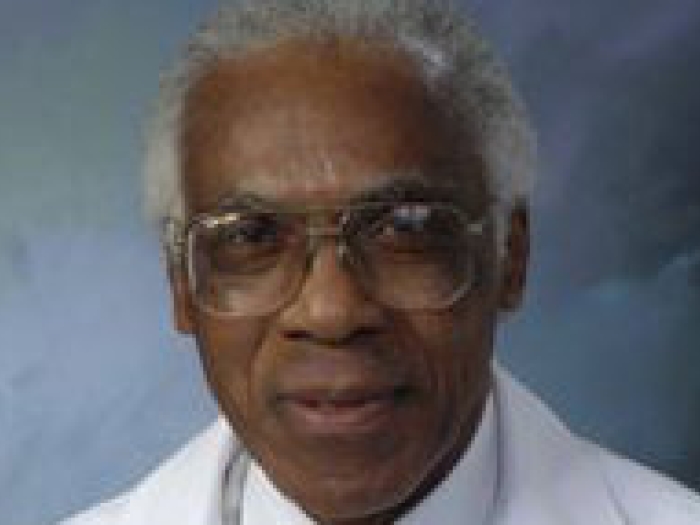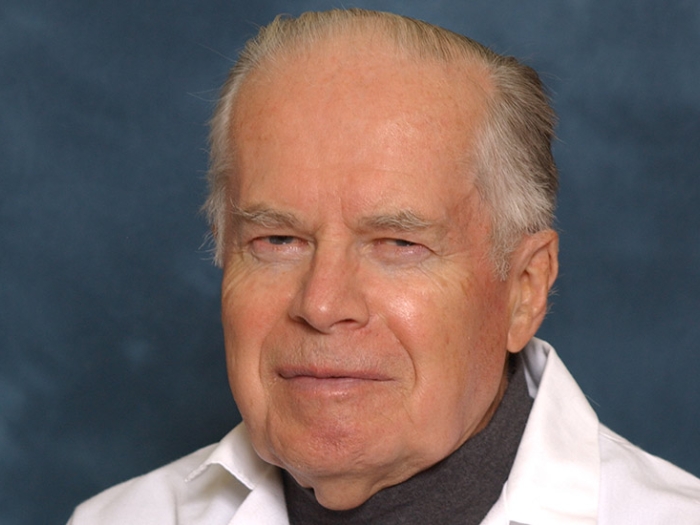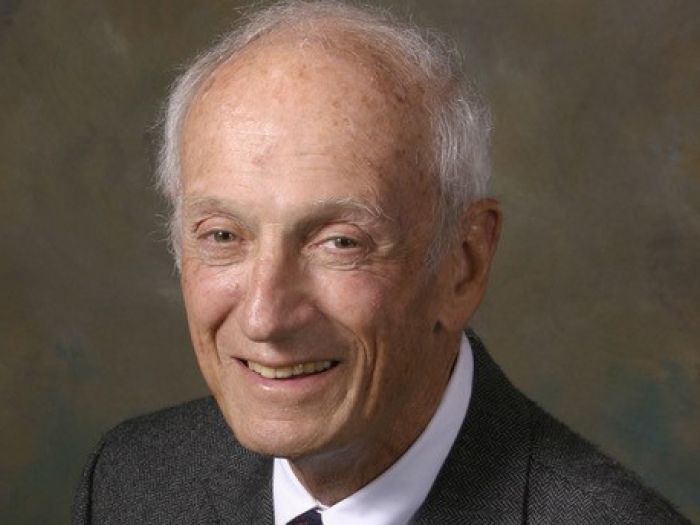
Benedict R. Lucchesi (Ph.D. 1961, M.D. 1964), professor emeritus of pharmacology, died May 12, 2020, at age 86. Born in the Bronx, Lucchesi attended St. John's University, where he met his wife, Diana Mannarino. After completing a Ph.D. and M.D. at the U-M Medical School, Lucchesi was appointed as an instructor at U-M in 1964 and became a professor in 1973. He served as director of the Upjohn Center for Clinical Pharmacology from 1978-1981 and as director of research for the Michigan Diabetes Research and Training Center from 1981-1986.
A pioneer in the field of cardiovascular pharmacology, Lucchesi was one of the first scientists to describe the "stone heart" phenomenon, later called reperfusion injury, which occurs when blood flow is restored to the heart following certain surgical procedures. Lucchesi's work also led to the discovery that beta blocker drugs used to fight hypertension could also be used to treat heart arrhythmias. This class of drugs continues to be used today to substantially reduce mortality from heart attacks, heart rhythm disorders, and heart failure. He also jointly developed the first nitroglycerin patch to be approved by the FDA.
Lucchesi received extensive accolades and published more than 600 peer-reviewed articles, 50 book chapters, and five books. He was also very proud of the stand he took as an expert witness against a pharmaceutical giant, which resulted in the drug Vioxx being pulled from the market. In 2016, U-M honored the Lucchesi family with the creation of the Dr. Benedict and Diana Lucchesi Graduate Education Fellowship and endowed the Benedict R. Lucchesi Collegiate Professorship in Cardiovascular Pharmacology in 2019.
This obituary was adapted from one published in The Ann Arbor News.





